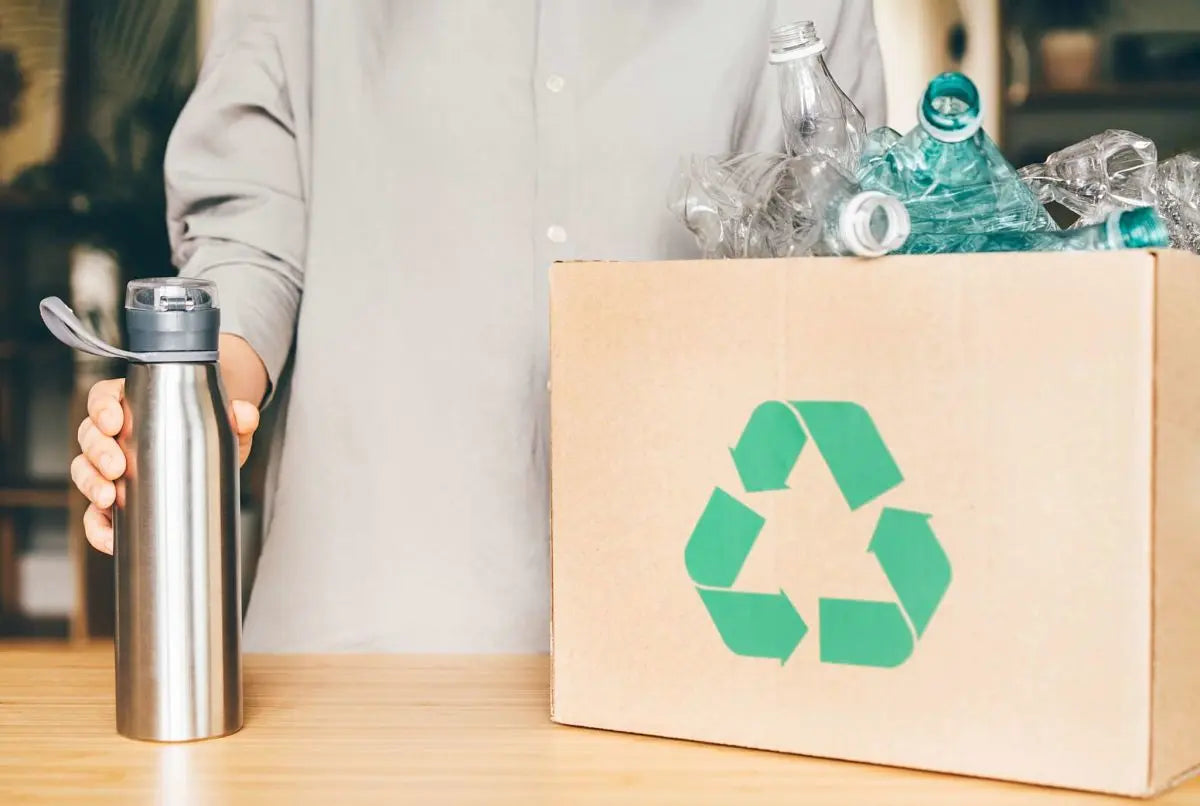Imagined in the United States during the 1850s, the single-use product has gradually invaded many markets: from the world of packaging to the cosmetics industry via textiles, the disposable product has established itself as an essential daily by its practical side. What about its ecological impact and its cost? Let's find out together why it is necessary to limit your consumption of single-use products as much as possible.
Single-use products are polluting
The disposable product, intended for single use, requires low-cost manufacturing, and as a result, is closely linked to the plastics industry. Omnipresent on a planetary scale, plastic pollution is one of the main factors in the degradation of the marine ecosystem. Tons of plastic are released into the oceans every year, endangering the flora and fauna found there.
Plastic takes hundreds or even thousands of years to degrade in some cases, and is therefore extremely poorly biodegradable. Although many countries have implemented a system for sorting and recycling plastic waste, it is not efficient enough to eliminate the current gargantuan consumption of disposable products. National Geographic estimates that 9% of plastic produced globally has been recycled to date, while its industrial use is increasing exponentially.
France also legislated in favor of reducing waste in 2017 by also banning the use of disposable bags in stores. In 2021, straws, stirrers and other cups will disappear completely, in favor of more eco-responsible alternatives.
Single-use products are expensive
Any user of a disposable product generates a large amount of waste. Choosing to change your consumption habits would represent a saving of several dozen kilos of waste per year and per person, just counting textile products.
Furthermore, single-use household products such as disposable wipes represent budgets of several hundred euros per year, unlike traditional products. To go further, it is possible to reduce your consumption of cleaning products as much as possible by using basic ingredients such as Marseille soap or white vinegar.

Alternatives to single-use products
Although it is practical and anchored in morals, the disposable product is not devoid of alternatives. There are multi-use products perfectly suited to daily household use. Made from sustainable materials, reusable products are very popular, and their pace of appearance on the consumer market makes them easily accessible.
A perfect example of this paradigm shift is the cosmetics industry. Reusable makeup remover wipes are easily found in organic stores, inspired by Japanese layering techniques, just like safety razors or bamboo toothbrushes. Zero waste is also experiencing considerable growth, with solid shampoos, and the reduction in the use of shower gels in favor of soap, de facto reducing the quantities of plastic packaging necessary for packaging this type of product.
There are a series of good habits to adopt to limit your consumption of single-use products. Coming to do your shopping with a reusable fabric bag, buying in bulk, refusing packaging when it is not necessary, carrying a thermos or a water bottle with you rather than a plastic bottle are all easy actions to implement at daily.
Used on a large scale for less than a hundred years, the single-use product, although practical, must give way to sustainable alternatives, even if it means bringing washable and reusable products, abandoned in favor of comfort. These alternatives are not only ecological, but also economical. Participating in the preservation of the planet is accessible to all budgets!
















